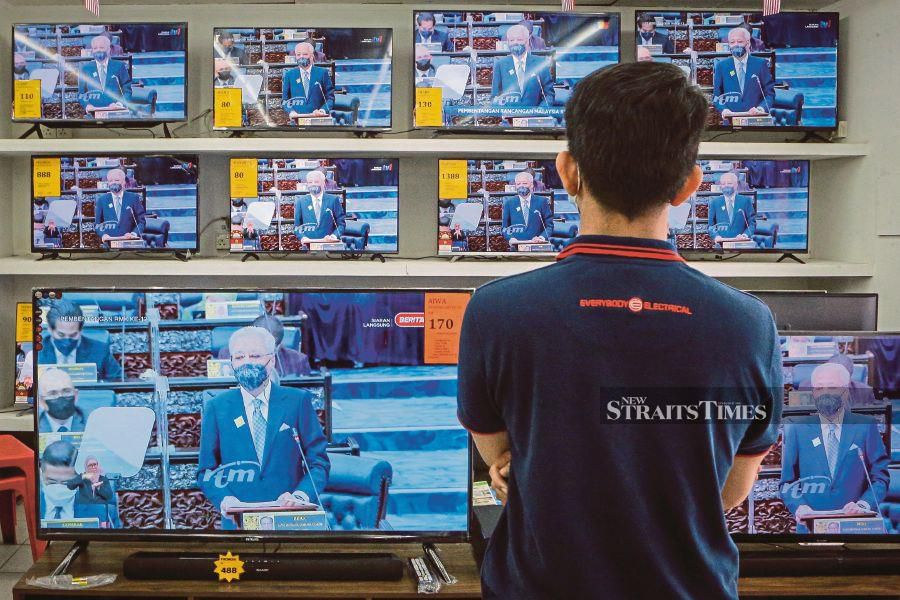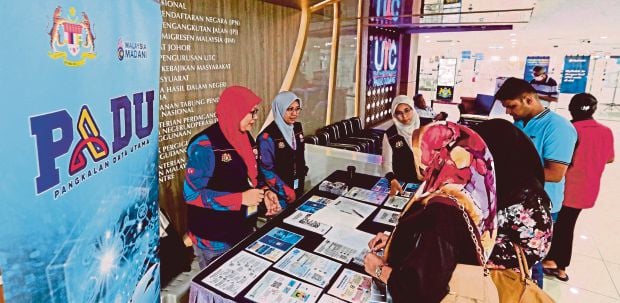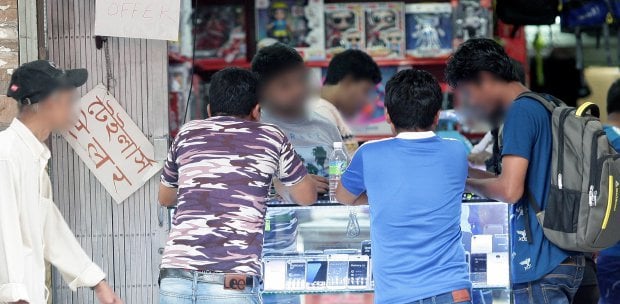Soon we will head to the polls again. The 15th General Election is near. As usual, political parties will make their case to gain power. This is what democracy is all about.
What all Malaysians want is a government which can provide stability in the quest to build a harmonious, progressive, prosperous and sustainable nation.
As usual, campaigning will be a mixed bag of truths and untruths.
Fake claims will no doubt populate much of social media. We must know how to differentiate fact from fiction. At the end of the day, few would disagree that the interest of the nation is paramount when making the choice.
We need to move away from the unproductive attitude of looking only after our interests. This has not changed, unfortunately. The silo mentality among us Malaysians, especially those in the public service, must end if we are to progress as a nation.
All too often we hear of the lack of collaboration among institutions in implementing government policies. There is ample evidence to show many of our policies failing to realise their aspirations.
All because institutions fail to effectively collaborate. But we never learn. We are still stuck in the attitude of protecting our turfs at the expense of policies which matter most to the nation. We also do not want to admit the mistakes of the past.
Instead of learning from past mistakes, we bury them under a new policy. Do these people not realise that the best way to learn and improve is to recognise the failures of the past?
We often make pronouncements about tolerating failures in the interest of progress. But we seldom abide by such pledges.
In many public policies, innovation has always been declared a key driver. This is clearly articulated in the five-year 12th Malaysia Plan.
We need to understand what drives innovation. We know innovation is all about new ideas which deliver value. This can be value to business, government service, an individual or ultimately to the nation.
We need to understand how a culture of innovation is nurtured. Since it is all about generating ideas, it is imperative that a healthy ecosystem for idea generation be put in place first.
Without a robust ecosystem, all this talk about innovation is just empty rhetoric. Just visit cyberspace and we will see numerous writings on an innovation ecosystem which works.
What most people agree is that they see innovation as a process that involves multiple activities to uncover new ways of doing things, either to get the same or better results.
They key word is process. The generation of new ideas will always involve a process. Experts say the best way to develop new ideas is to allow disagreement and debate. Not to limit views and opinions to those who are non-confrontational.
Debating ideas is an important process to filter and choose the best option.
This requires the skill to tolerate differing views and accept criticism. It is unfortunate that we lack this fundamental aspect of innovation that encourages out-of-the-box thinking.
Again, this has a lot to do with the protecting-your-turf mentality and the inability to accept
new ideas. As a result, embracing change remains a big challenge in institutions in the country.
Science is a good example of a national agenda which transcends institutions. The implementation of policies which support the development of science can only be effective if all institutions collaborate to deliver the targets.
Many will not admit that much of our science policies have failed. We continue to harp on the poor industry-academia links, declining interest in students to take up science and low commercialisation rates, just to name a few.
But we hesitate to change the fragmented and broken ecosystem. Coordination is key to the success of science policies. We need to choose the right institution to enable coordination.
Recognising the fact that silo working is very much alive in our institutions, especially ministries, picking the right body which has the authority to coordinate is even more critical.
The Economic Planning Unit has that clout. All other institutions must be supportive. What finally matters is the interest of the nation. The time for change is now.
The writer is a professor at the Tan Sri Omar Centre for STI Policy, UCSI University





